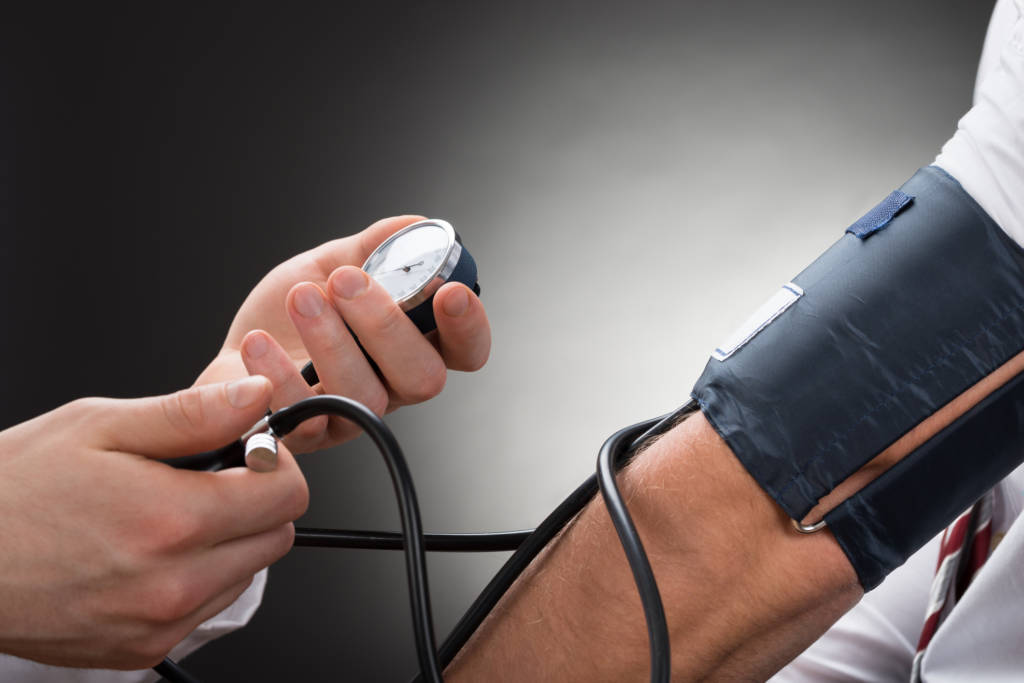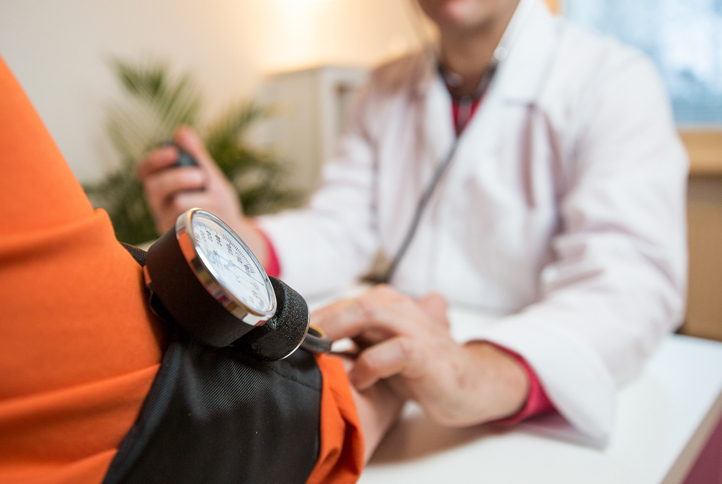But many hospitals don’t have 24-hour stroke care teams. To make up for that, nearly a third of U.S. hospitals offer telemedicine consults with stroke specialists at other facilities, sometimes hundreds of miles away.
How much does it help? To find out, the Harvard team compared outcomes and 30-day survival among 150,000 stroke patients treated at more than 1,200 U.S. hospitals. Half of the centers offered telestroke services and half did not.
Patients at hospitals with telestroke received better care and were 4% more likely to be alive after 30 days than those at hospitals without telestroke, the study found. The largest benefits of stroke telecare were evident at hospitals with the lowest patient volumes and those in rural areas, according to the study published online March 1 in JAMA Neurology.
The researchers also assessed the use of “reperfusion” treatments, in which blood flow is restored to regions of the brain affected by the stroke to prevent irreparable damage.
Rates of this treatment were 13% higher among patients at hospitals with stroke telecare than among those at hospitals without telestroke services.
Two stroke experts unconnected to the study agreed that telestroke services can be lifesaving.
The findings “confirm what several smaller studies have shown: That delivering expert stroke neurological care via remote video technology can increase the number of patients getting the brain-saving clot-busting treatments,” said Dr. Salman Azhar, who directs stroke care at Lenox Hill Hospital in New York City. “My sense is that this finding can be extrapolated to underserved hospitals in general where there is a paucity of stroke specialists.”
Dr. Andrew Rogove is the head of stroke services at South Shore University Hospital in Bay Shore, N.Y. He agreed that telestroke reduces patients’ odds for death, but he noted that the study population was relatively older, about 79 years of age on average.
“It would be interesting to see how telemedicine for stroke would affect the outcomes in a younger population,” Rogove said.
More information
The American Stroke Association has more on stroke treatment.






